Alcohol and Hormones: The Impact on Your Health
If you’ve been on a quest to feel energized and strong, perhaps you have already made some changes to balance your hormones. But have you considered the connection between alcohol and hormones? Drinking alcohol has become so commonplace in society especially with lots of jokes regarding “mommy juice” (aka wine) and most social gatherings revolving around alcohol. In fact, summer in Wisconsin brings up thoughts of enjoying a glass of wine on the deck or meeting friends at the beer garden. It plays a big role for most people but is it impacting your health?
Perhaps you’ve questioned a connection between alcohol and hormones? But then there’s been an article reporting antioxidant benefits of wine and it’s hard to know what is most impactful for our health. So let’s break it down when it comes to alcohol and hormones!
How Does Alcohol Impact Your Body?
The truth? Alcohol does have a negative impact on our body due to it technically being a toxin. The toxic effects of alcohol can impact your body with just one drink! And over a long period of time or with greater consumption of alcohol, the effects compound. Sometimes it might be hard to even notice the effects from one drink until you go without alcohol for quite some time.
With even just one alcoholic drink, the brain’s ability to send correct messages or signals to control multiple functions in your body gets disrupted. Alcohol is also harmful to our healthy gut bacteria and reduces the absorption of nutrients within the gut. It also puts the body into a “physiological stress state” because the liver works harder to remove it from our body. Because of this, it impairs our natural sleeping pattern and damages our ability to combat stress. Over time, these disruptions lead to increased systemic inflammation and ultimately to chronic illnesses.
Alcohol and Hormones: The Effects
Due to its numerous effects on the body when consumed, there is a significant connection between alcohol and hormones. This is especially important when you are working to balance your hormones, improve your menstrual cycle and fertility, manage perimenopausal symptoms and decrease stress! If you want our full guide on how to naturally balance your hormones, click below!
In general, alcohol has a major impact on your body’s ability to make and get rid of hormones. When consumed, the liver works extra hard to get rid of the alcohol and temporarily stops working to get rid of excess hormones.
Estrogen - due to the liver focusing on getting rid of the alcohol from your body, it cannot simultaneously get rid of estrogen. This process is normal and necessary in your body in order to properly eliminate estrogen and any environmental exposure your body has had to estrogen. Overtime, this can lead to excessive estrogen which can lead to menstrual cycle and fertility issues and has been linked to an increased risk of breast cancer.
Progesterone - alcohol interferes with progesterone's soothing effect on the body which could make PMS and pain symptoms worse. In addition, it disrupts the signaling pathways for your body to release progesterone, resulting in decreased levels. Overtime this can greatly impact ovulation by having decreased progesterone levels.
Cortisol - alcohol puts the body into a “stress state” which increases cortisol levels as the body is working to eliminate alcohol from it. This increased cortisol can exacerbate mood symptoms such as stress and anxiety, as well as disrupt your sleep patterns. It’s common for people to use alcohol as a way to “destress” after a long day but it actually does the opposite within our body and can leave you feeling even worse.
Why Alcohol Impacts Perimenopause More
Women in perimenopause can initially experience great fluctuations from high to low levels of estrogen, which leads to common symptoms of irritable mood, aches and pains, hot flashes and night sweats. Since perimenopause is already causing havoc on your hormones, adding alcohol consumption into the mix can increase those symptoms! This hormonal state also makes it more difficult to metabolize alcohol and it also emphasizes the negative impact alcohol has on your hormones.
Effect on sleep
Sleep is very important for overall health, during sleep our body has the ability to heal from daily stressors. And alcohol puts the body into a “stress state” which impacts our ability to sleep soundly and for recovery to occur while we sleep. In addition, alcohol can impair the production of melatonin, your “darkness” hormone and make it more difficult to reach your deep sleep cycles. Alcohol also has a dilating affect on your blood vessels which can make your hot flashes and night sweats even worse, further disrupting sleep!
Effect on pelvic floor
Alcohol can also affect your pelvic floor in two very important ways. First, alcohol increases urine production due to its known diuretic effects. This is the reason that after a drink or two you have to pee more often! For women struggling with incontinence and/or urgency, this can be exacerbated when drinking. Second, alcohol creates an inflammatory response in your body. If you are trying to manage chronic pain symptoms, you may notice flares of pain symptoms after having a few drinks. An easy way to have a quick impact on these symptoms is to reduce alcohol intake!
Do I need to give up alcohol?
The choice to consume alcohol is entirely yours and small, periodic amounts of consumption will not have as big of an impact on your health. However, there are stages of your life that alcohol will be more impactful such as when you are trying to conceive and optimize your fertility, restoring your hormones postpartum, balancing your hormones in perimenopause and in times of significant stress. If you want our full list of recommendations in order to naturally balance your hormones, click below.



